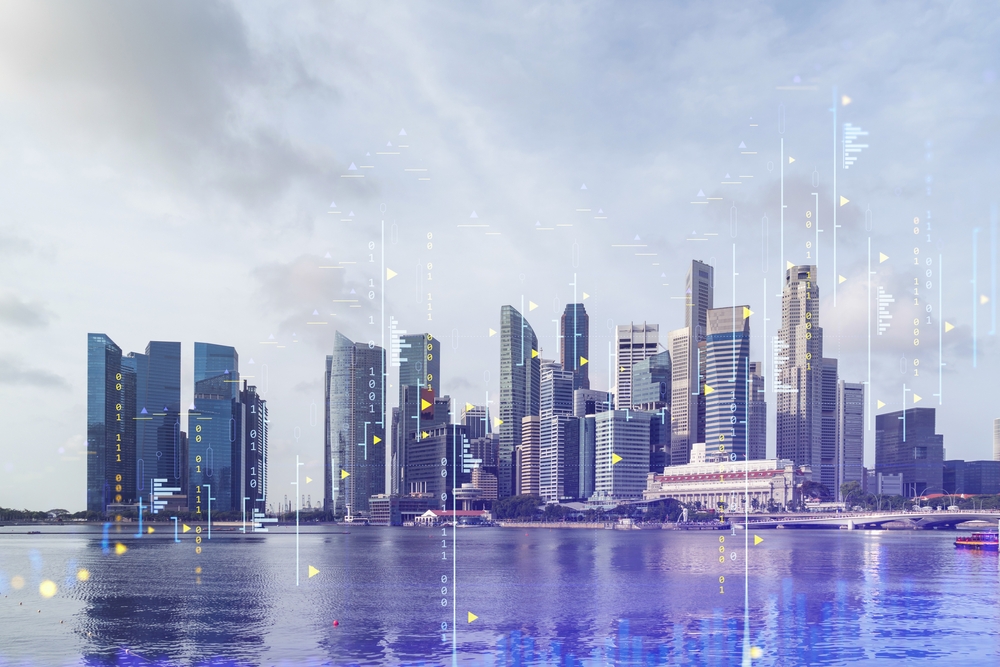On the development of sustainable data centres in Singapore
Singapore, due to a severe lack of space and green energy, the government put a freeze on new projects in 2019

Until recently, data centres relied heavily on power generated by traditional fossil fuel-fired plants according to Intelligent CIO. Some data centre operators and hyperscale tenants have committed to decreasing their carbon footprint in all aspects of their operations as part of their goal to reach net-zero in the next 8 to 10 years.
Data centre providers, as one of the largest energy consumers, should assume a more proactive role in reducing their carbon footprint by switching from traditional fossil fuel-based electricity to greener, renewable solutions.
An example of this is a Singapore-licensed blockchain-based asset exchange that is partnering with an AI firm to provide carbon measurement and offsetting for tropical data centres.
The Monetary Authority of Singapore (MAS)-regulated MetaVerse Green Exchange (MVGX) is collaborating Red Dot Analytics to quantify and offset the carbon impact of data centres in tropical areas.
“As businesses work toward meeting their net-zero goals, they need to consider the entire scope of what they do and that begins, first and foremost, with the infrastructure that powers their operations,” MVGX co-founder and executive chairman Bo Bai told DataCenter News.
Singapore wants to maintain its position as the region’s leading digital hub, but due to a severe lack of space and green energy, the government put a freeze on new projects in 2019. This has already been lifted, however, future projects will be limited to 60MW each year.
More: Singapore starts focusing on data centres that meet environmental sustainability standards
Cushman & Wakefield’s 2022 Data Center Global Market Comparison ranked Singapore in second place in this year’s list top data centre markets, tying with Silicon Valley.
Singapore is considered among the most advanced public cloud market in the APAC region due to the presence of major cloud players such as AWS, Microsoft, Google Cloud, Alibaba Cloud, Huawei Cloud, and OVH.
With the inevitable growth of digitisation and cloud adoption, data centres, as well as their power consumption, will keep growing. However, the focus is on making a long-term strategic transfer to a cleaner power source while also optimising energy use in existing and new facilities.
The Property Report editors wrote this article. For more information, email: [email protected].
Recommended
6 reasons Bekasi is rising as Greater Jakarta’s next hotspot
One of Greater Jakarta’s rising stars is prospering, thanks to ample recreation and a contingent of desirable housing projects
6 developments driving Asia’s green real estate shift
Developers are being incentivised to push a green agenda into daring new realms
The Philippines’ LIMA Estate drives sustainable industrial growth
LIMA Estate models a citywide vision that uplifts workers while appealing to climate-conscious employers
Malaysia property market rebounds with foreign interest and growth
The nation’s property market is stirring to life, fuelled by foreign buyers and major infrastructure drives







